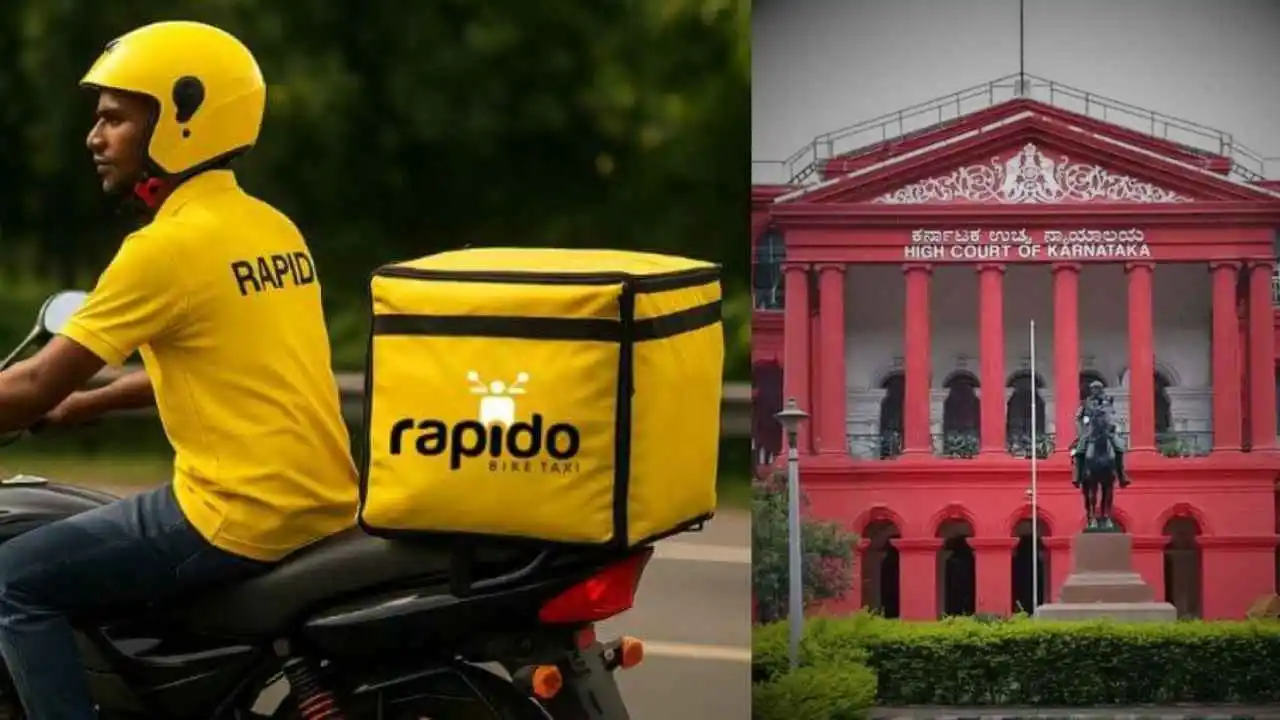The Karnataka High Court urged Bengaluru’s ride-hailing giants to restart bike taxi services with strict safety norms, saying lives are at stake. Uber, Ola and Rapido paused operations after regulatory concerns, but the court’s latest remarks point to a cautious but urgent return.
What prompted the court’s focus
- The court heard petitions questioning the suspension of bike-taxi rides in the city.
- It highlighted rider and passenger safety as the top priority while acknowledging the need to restore a popular mode of transport for many in Bengaluru’s busy lanes.
- Justice and policy makers are now aligning on a framework that balances convenience with strong safety checks.
Key safety norms under the lens
- Mandatory helmets for riders and passengers with certified standards.
- Thorough background checks and licensing for riders; up-to-date rider IDs.
- Insurance coverage for both rider and passenger during every trip.
- Vehicles must be registered, with valid fitness certificates and required permits.
- GPS tracking, emergency/panic buttons, and clear rider-passenger verification.
- Controlled speed limits and regular vehicle inspections to reduce accident risk.
Impact on Bengaluru’s commuters
- Bike taxis are a lifeline for students, daily workers, and last-mile commuters in tech corridors like Koramangala, Jayanagar, and Whitefield.
- The monsoon season increases safety concerns, making formal guidelines crucial for trust and reliability.
- With congestion a constant challenge, a safe resumption could ease travel times and reduce crowding in buses and trains.
How Uber, Ola and Rapido respond
- The operators pledged full compliance with the court’s safety framework and cooperation with the transport department.
- They emphasized rapid deployment of safety features, verification processes, and 24/7 support to riders.
- Industry sources say a phased rollout could begin in select zones before city-wide expansion.
What’s next for Bengaluru
- The transport department will publish detailed guidelines to standardize rules for bike-taxi operations.
- The High Court will monitor progress and intervene if safety commitments aren’t met.
- For riders, this means a more reliable option that prioritizes protection and accountability.
Bengaluru’s bike taxi story reflects a broader Indian trend: balancing rapid urban mobility with stricter safety norms. As cities grow and traffic tightens, ridesharing players and regulators must walk a careful path—putting lives first while keeping cities moving.
